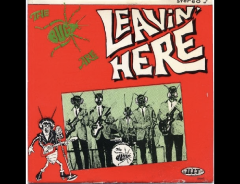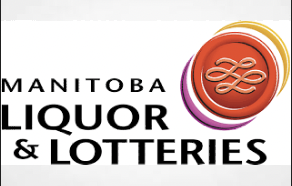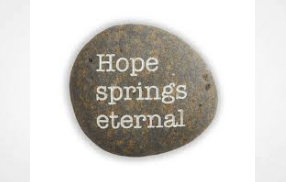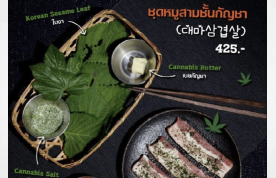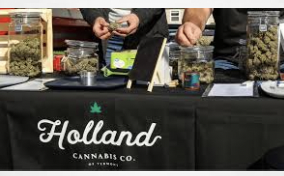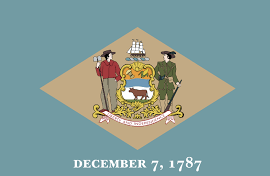Until a few months ago, USDA certified organic CBD products are not available in plenty amount. What was the reason behind that? Before knowing the reason behind this, we need to be familiar with some related info.
What exactly are the certified organic CBD products? Are there any differences between organic products and certified organic products?
Yes, there is a vital difference. A certified organic product gets certification by an independent third party after reviewing the product. The certification logo on any organic product guarantees the claim of the product to be natural. The USDA national organic program regulates and certifies al organic agricultural products to the USDA organic standards. Only the products with the USDA logo are certified organic products. However, those claiming to be organic without the logo do not guarantee to be purely natural.
Why the USDA certified organic CBD products are still hard to find?
According to the 2018 Farm Bill, industrial hemp is legal. That means the opportunity for hemp farmers, consumers, and sellers to increase mainly. However, the real situation is a little different.
What standard parameters determine a product to be certified organic?
According to the National Organic Program (NOP), there are separate categories for certified organic food products. NOP is a part of the agricultural and marketing services of USDA.
The categories are 100% organic, organic, and made with organic. Among the three groups, 100% organic denotes the ingredients are purely organic, the organic means about 95% of the ingredients are organic and made with organic is a minimum of 70 % ingredients are organic.
However, the organically produced crops are those that are cultivated without synthetic fertilizers and pesticides. Biological pest control and organic insect control methods are used instead of using synthetic insecticides and pesticides.
There are specific barriers to get organic certification and includes several steps.
The steps include:
- The business or the farm follows organic practices.
- The farm then selects a certifying agent, who is USDA –accredited.
- The next step is to apply along with fees to the certifying agent.
- The certifying agent then verifies whether the application complies with USDA organic regulations or not.
- Next is the role of an inspector, who will conduct an on-site inspection of the operation of the application.
- The certifying agent then reviews the application of the farm or business and the inspector’s report.
- The review is to determine whether the applicant conforms to the USDA organic regulations or not.
- If every criterion is fulfilled, the certifying agent issues the organic certificate.
The certification, in reality, is a restrictive and time-consuming process.
To understand why you can focus on the first step that says to follow organic practices. Now, organic farming practices should be continued for three years. Also, in these three years, no prohibited materials should be used during farming if they want certification. The application process and certification does not allow any hemp producer to grow certified organic hemp.
The above discussion portrays why USDA certified organic CBD production is less, and the products are still hard to find.
